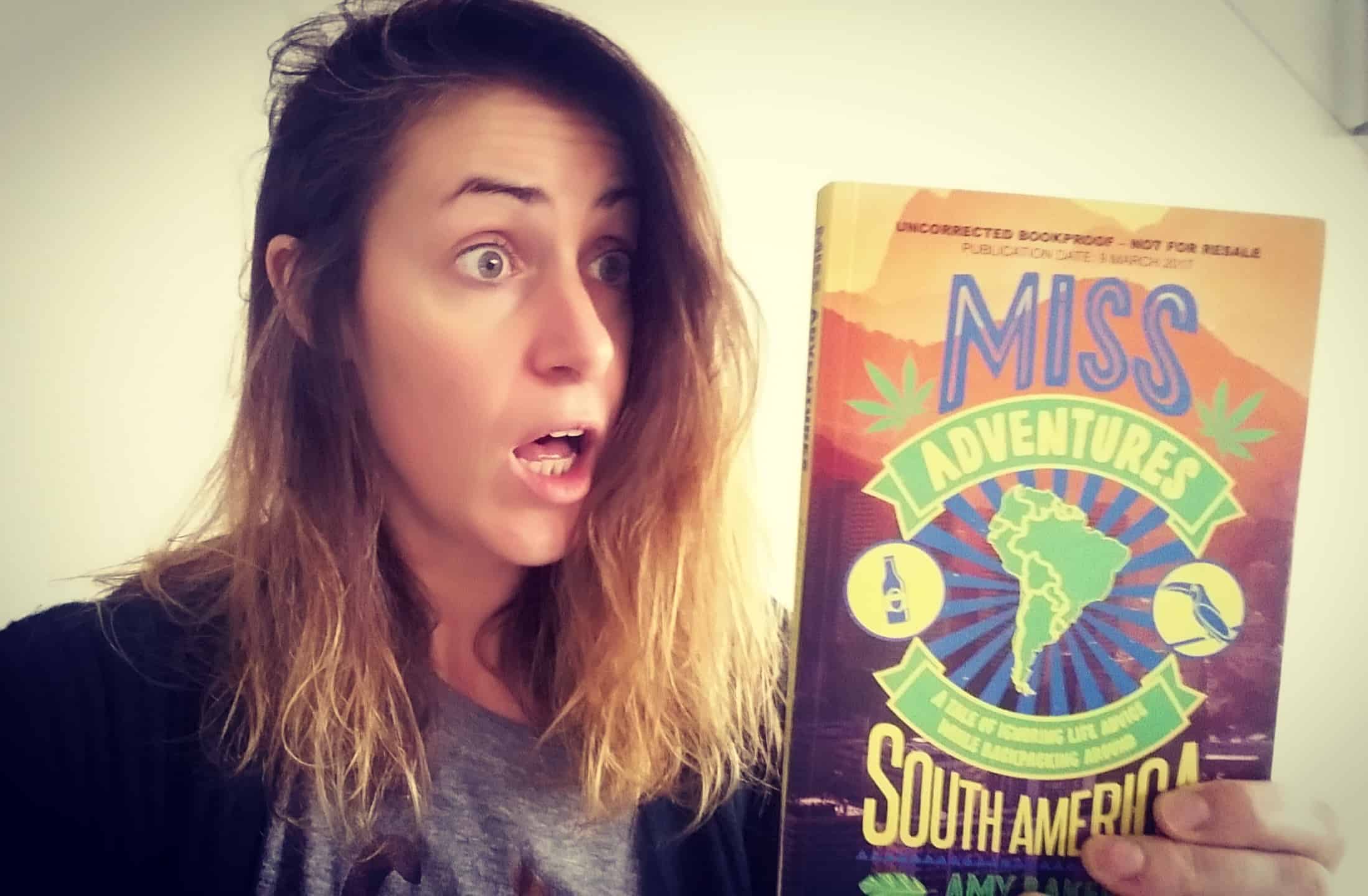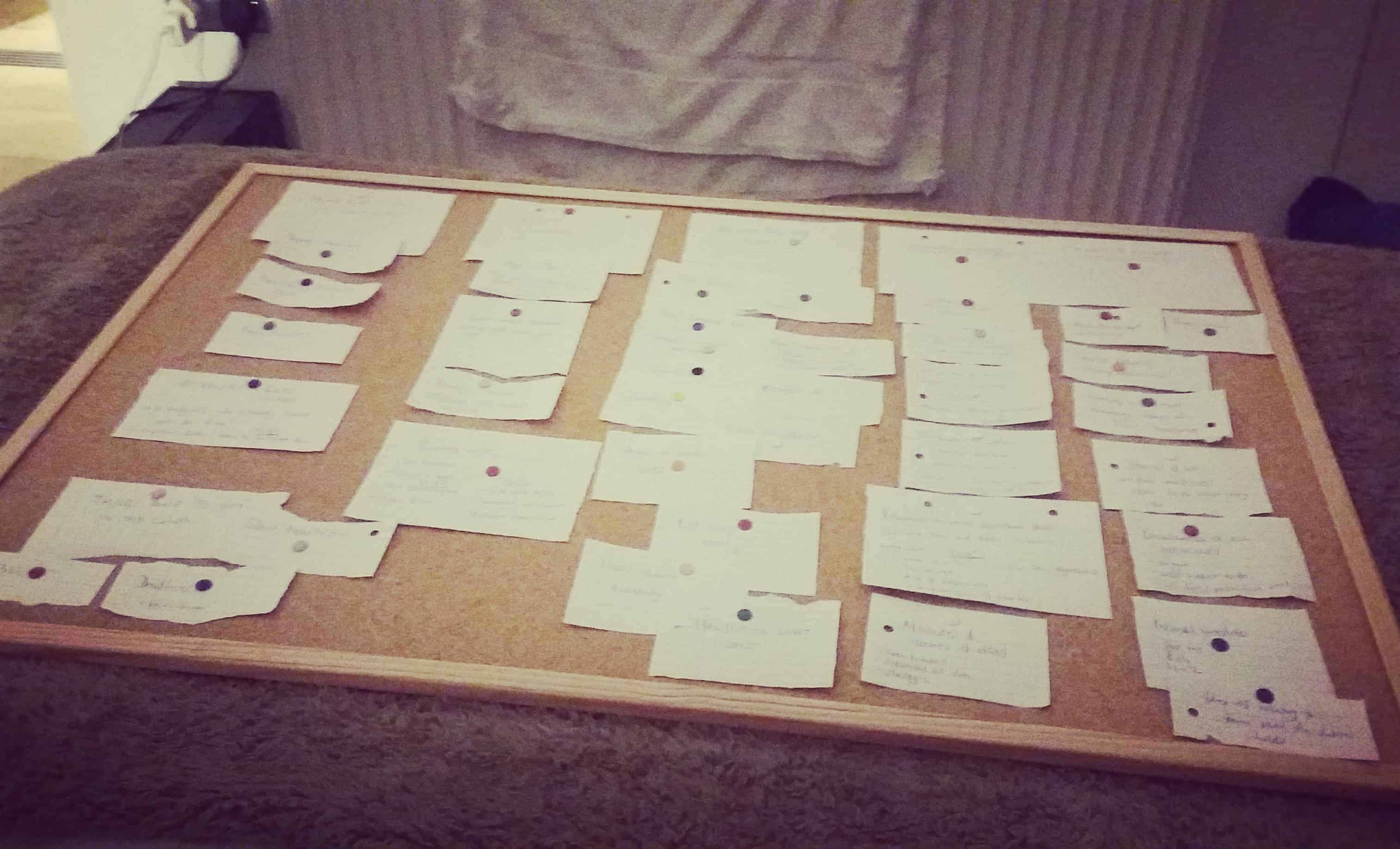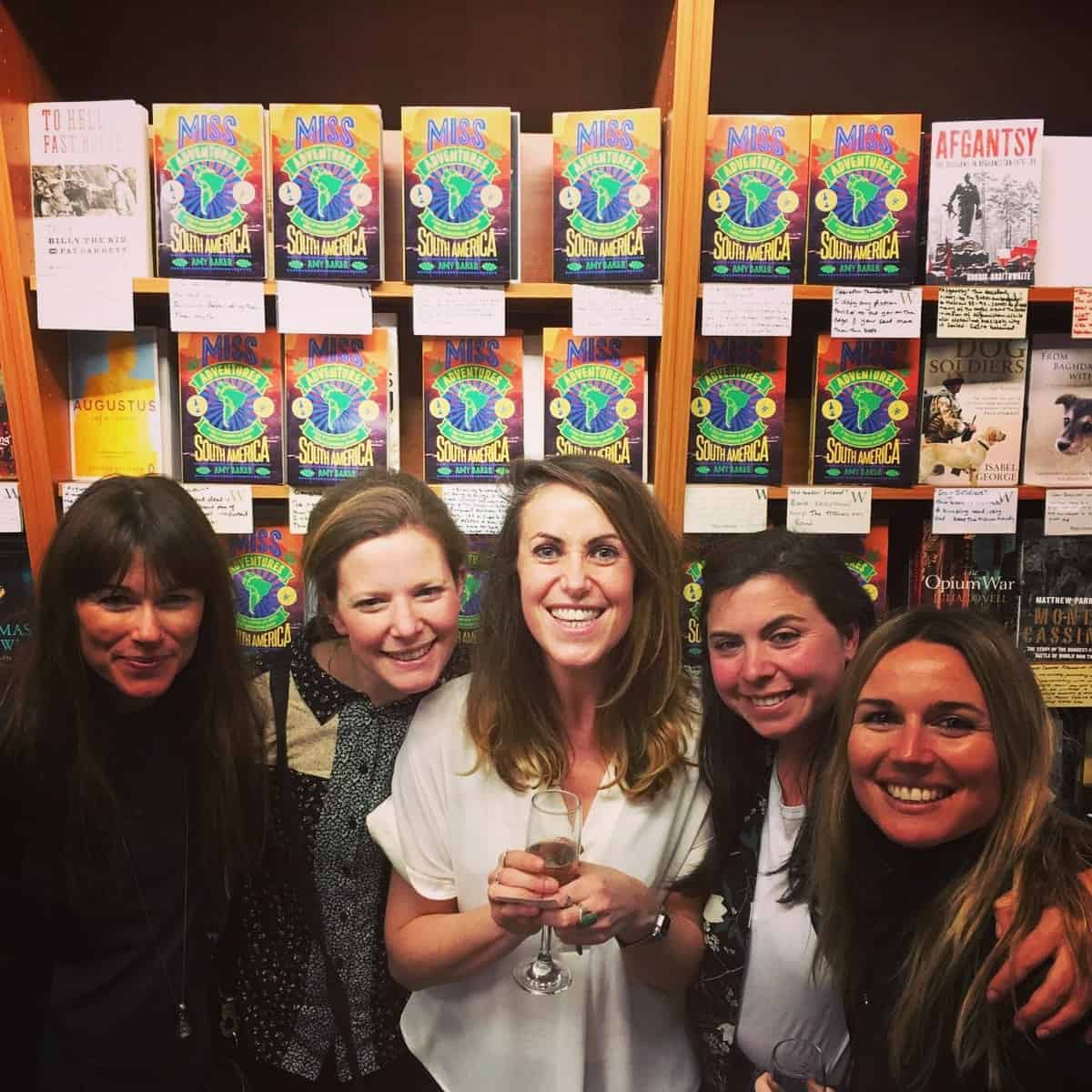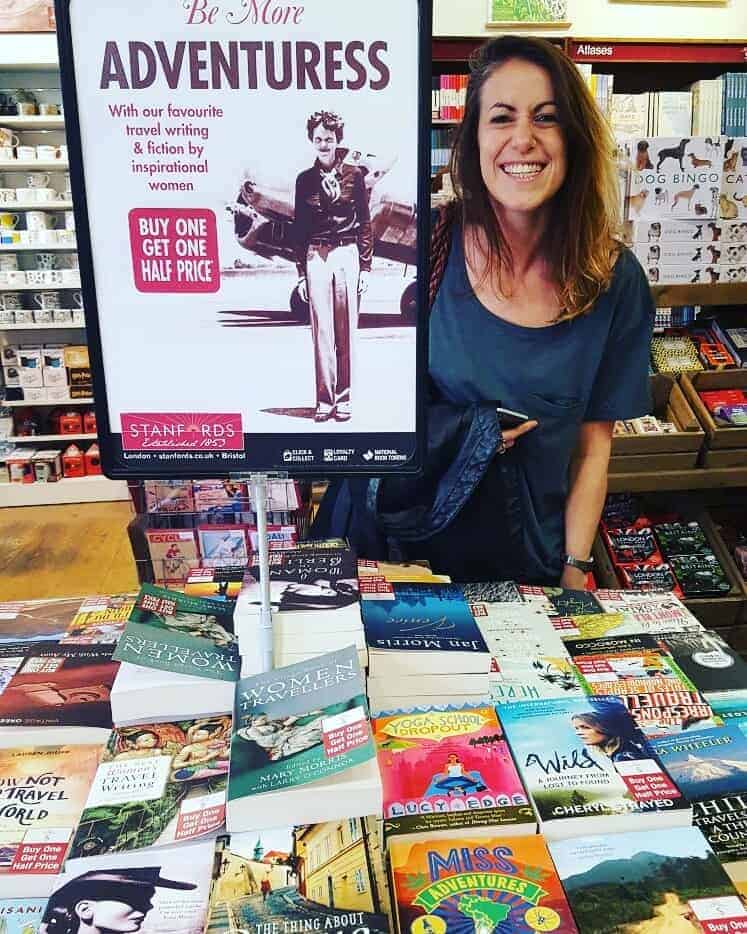Does this moment sound familiar to you? Your head – buried in a book, your heart – miles away in far off lands, following the adventures of characters you’re now rooting for so wholeheartedly you can’t tear your eyes away and suddenly you get this feeling…the feeling that you could do this. You could write a book too!
If this has happened to you – join the club.
They say everyone has a book in them – the more salient question is whether they have the work ethic to drag the idea into the world from the depths of their brains kicking and screaming? Writing a book is hard – but if I can do it, then this group of ladies, who’ve united due to a love of venturing into the unknown and achieving great things, should be golden.
Here are the 10 steps involved, and some handy tips, for getting your book published…
#1 Nail Your Idea
Some irritating geniuses can just plonk themselves down and write – not having a clue where the story is going. Good for them. That did not work for me. Maybe that’s because my book is non-fiction, ergo I only had so many stories to tell, but having it all mapped out in front of me helped my brain to formulate the structure, it helped me to see how much I’d done and how much I had left to do. It kept me on track…which is useful when there are so many cats to look at on the Internet.
#2 Set Deadlines
Setting deadlines and sticking to them was the only way I managed to get anything done. If I hadn’t had these dates highlighted in my calendar, and a group of eager buddies hassling me to get them my drafts – I would have edited and edited and edited forever more. Your drafts will never be perfect and you need feedback for your idea to grow. Having deadlines stops you from skipping off to play Frisbee any time the sun shines. It forces you to seek out environments that help you to be productive. Stick to these deadlines and you’ll have a first draft, then a second…then a whole book!
#3 Find Your Voice
Sure, other writers may inspire you but until you find your own personal style you’re at risk of merely sounding like someone trying to emulate their heroes. This is what first (and second) drafts are for. Finding your voice takes experimentation, time, work, and a lot of reading aloud, but when it finally clicks into place everything gets a whole lot easier.
#4 Build an Audience
One of the hardest lessons I learnt on my publishing journey was how much easier it would have been to get published if I’d already accrued an online following. Sadly good words only go so far when it comes to publishers. I’ll admit I’m useless with social media – I find it sucks me into a negative vortex of comparison, which majorly bums me out. I’m gradually getting over that. It’s never too early to start building your network. The more engaged your audience, the better the business case for your book.
#5 Seek Other People’s Opinions
Sure, showing your work is scary, but you need to get over that quick smart. The only way you’re going to know it’s worth pursuing is by consulting people that you trust. Don’t bother asking those you know will sugar coat it – you need the ones that’ll look you in the eye and tell you it’s whack. Receiving feedback is hard, but pouring your life into a book with no legs is worse. God, my first draft was appalling. I read it back now and cringe with my entire body…without honest feedback from the very start of the process, there’s no chance I would have got a deal.
#6 Target Agents
If you want to go down the traditional publishing route, you’re going to need a literary agent. Most publishing houses won’t so much as glance at your manuscript unless it’s handed to them by someone they know, trust, and have drunk champagne with. You need to find an agent that represents your genre. You can do this by loitering in bookshops and poring over the acknowledgements of books that are similar to yours to identify the agents. Check out the Artists and Writers Yearbook, which lists all of the agents in the UK, what they’re currently accepting, and other authors that they represent. Google is also marvellous. Make sure that all of the agents you submit to are affiliated with the Association of Authors’ Agents.
#7 Perfect Your Pitch
Once you’ve nailed three chapters, it’s time to pitch those agents. Like a job application, the format of each and every pitch will differ depending on who you’re sending it to, so always check the agent’s website for submission details and follow their guidelines to the letter. Don’t give them any reason to cast you aside before they’ve even read a word. As a general rule, for non-fiction books you’ll need three sample chapters (in any order), a cover letter and a synopsis, which breaks down each chapter of the book. For fiction, you usually submit the first three chapters. Don’t be afraid to flatter the agents – mention the authors they represent who’ve inspired you – lay it on thick. Hopefully, you’ll have more than one agent interested in representing you. In this instance, go for the person that ‘gets you’, and that you like the most. This person is going to be your champion – they need to be on-board with what you’re trying to do.
#8 Business Proposal
Once you’ve secured an agent, you need to start working on the business case for your book. Your agent will guide you and fine polish it, but once again much of the work is on your shoulders. This proposal is your chance to shout about all the reasons why your book is going to be a roaring success – you’ll outline the book, list similar competing titles, where the book should sell, your credentials, your following, publicity opportunities, angles and contacts that will push the book for you. This proposal will then be submitted along with your sample chapters.
#9 Secure a Deal
Here’s hoping that all the publishing houses you pitch can’t wait to snap you up! If so, it’ll be up to you to determine who you most want to work with. Should the publishers take a little more convincing, you’re going to need to develop a hard skin, and a whole lot of patience. When (not if!) that deal does come in, consult your agent and the Society of Authors about the terms of your contract. Try to resist the burning urge to sign on the dotted line right away simply because you’re so delighted that someone wants to publish your book.
#10 Finish the Content
Finishing a book is an intimidating job – but there’s nothing quite like a deadline from a publisher to chain you to your desk. You’ll submit all your content and then brace yourself for your editor’s feedback. They will suggest structural edits, where more detail is required, where certain characters need fleshing out. If you thought those first chapters were hard to write…this is where things get technical and tricky. It’s also exciting – you’re working with a professional on crafting your book – this is what you’ve been dreaming of!!
Amy Baker’s book, “Miss-Adventures: A Tale of Ignoring Life Advice While Backpacking South America” is out now. You can read an extract here. Amy has also co-founded The Riff Raff, an online writers community and monthly event showcasing the work of five exciting debut authors each month.
Amy welcomes questions and feedback on the book, so do drop her a line!
Please do consider supporting the Love Her Wild community by becoming a Patreon! Not only will you be helping women in accessing the outdoors, but there are great benefits including giveaways and access to an exclusive newsletter.
Amy Baker is an avid traveller and the author of hilariously honest travel memoir, ‘Miss-Adventures: A Tale of Ignoring Life Advice While Backpacking Around South America’. She is also co-founder of The Riff Raff.





